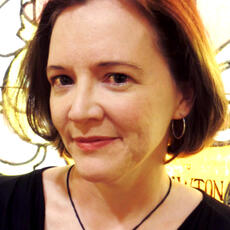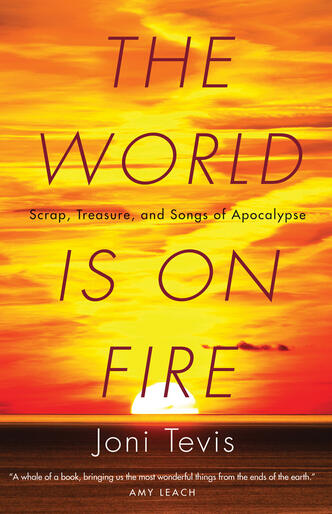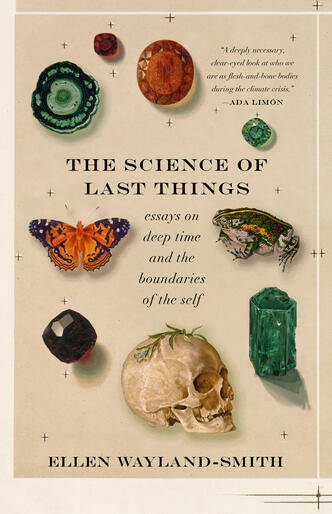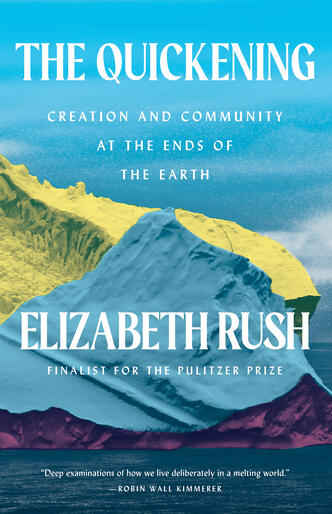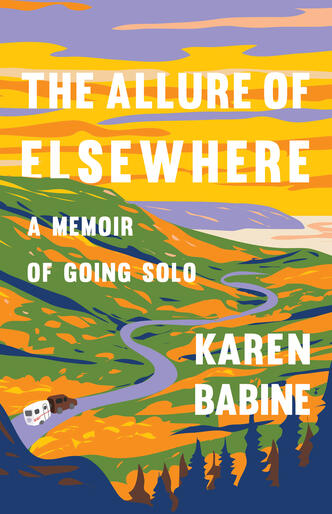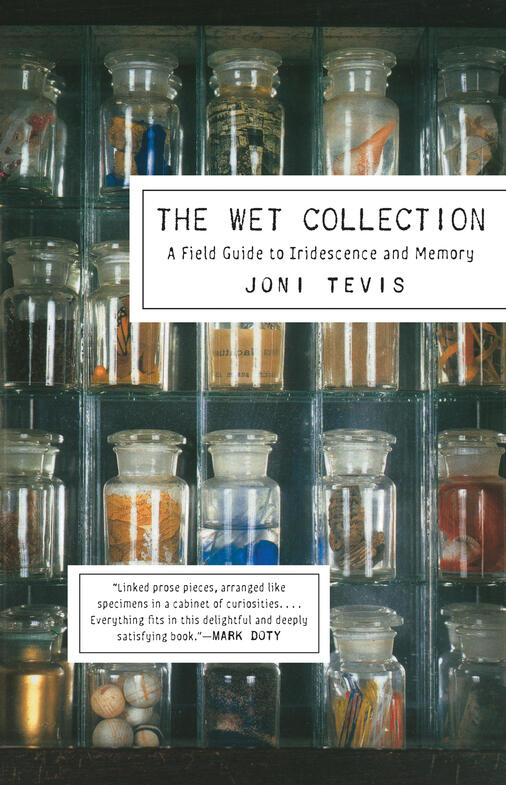
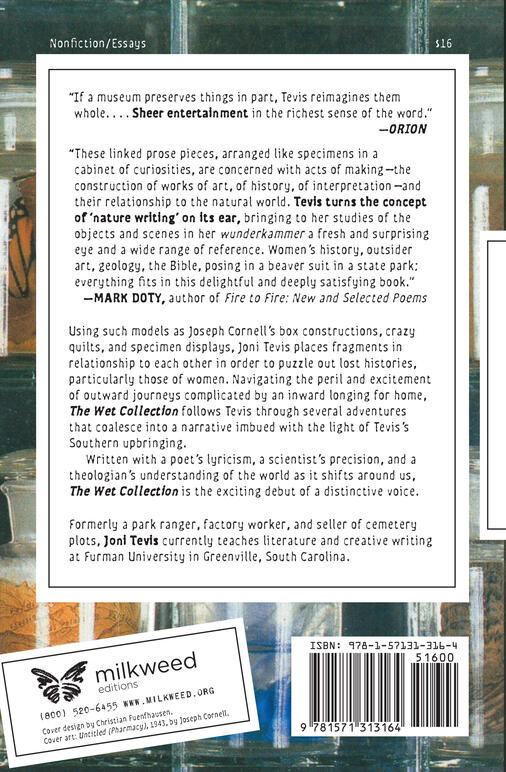
The Wet Collection
A stunning, intricate collection of forty lyric essays juxtaposing natural history, ancient texts, folk heroes, and found objects.
Using such models as Joseph Cornell’s box constructions, crazy quilts, and specimen displays, Joni Tevis places fragments in relationship to each other in order to puzzle out lost histories, particularly those of women. Navigating the peril and excitement of an outward journey complicated by an inward longing for home, The Wet Collection follows Tevis through several adventures—one comical and stirring essay details her summer spent working as a cemetery salesman; another tells of her unmistakable horror at having to dress up like a beaver when working as a park ranger. Still others read like meditations in the style of Anne Carson, or a young Annie Dillard, and all of them are cast in the light of Tevis’s Southern upbringing.
Written with a poet’s lyricism, a scientist’s precision, and a theologian’s understanding of the world as it shifts around us, The Wet Collection is an exciting and distinctive collection.
